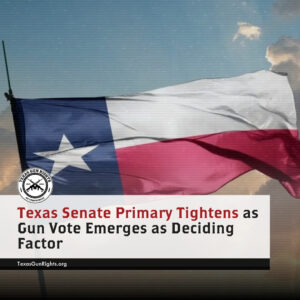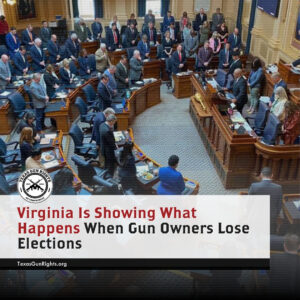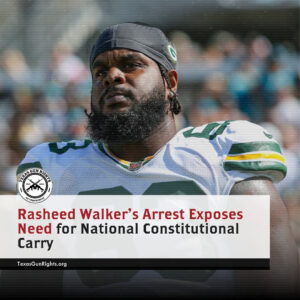September 5, 2024
YouTube’s recent announcement that channels posting links to gun and ammunition dealers will face bans has sparked significant controversy, with many critics arguing that the policy infringes upon First Amendment rights.
Despite YouTube’s status as a private company with its own terms of service, the policy has been criticized as an overreach that limits free expression and access to information.
The policy, outlined in a recent update, prohibits users from including links to websites that sell firearms or ammunition. YouTube justifies this move as part of its efforts to enhance community safety and comply with regulatory standards. However, this decision has raised concerns about its potential impact on constitutional freedoms, particularly the First Amendment.
The First Amendment of the U.S. Constitution guarantees freedom of speech and the press, which encompasses the right to share and access a broad spectrum of information. Critics argue that by banning channels for linking to gun and ammo dealers, YouTube is effectively censoring discussions related to firearms, a topic of considerable public interest and debate. This restriction, they argue, stifles open dialogue and limits the ability of individuals to freely share information.
While YouTube, as a private platform, is not legally bound by the First Amendment in the same way that government entities are, its policies still have substantial implications for free speech. The platform’s widespread influence means that its content moderation practices can significantly shape public discourse.
By imposing such restrictions, critics contend that YouTube is setting a troubling precedent for how digital platforms handle sensitive subjects and potentially undermining the spirit of free expression.
Moreover, this policy highlights a growing tension between digital platforms’ content control and users’ rights to freely share and access information.
As this debate unfolds, it underscores the broader conversation about the role of private companies in managing public discourse and the balance between platform policies and constitutional protections. While YouTube’s intent may be to promote safety and adhere to legal standards, the broader implications of such policies warrant careful consideration of their impact on free speech and access to information.







